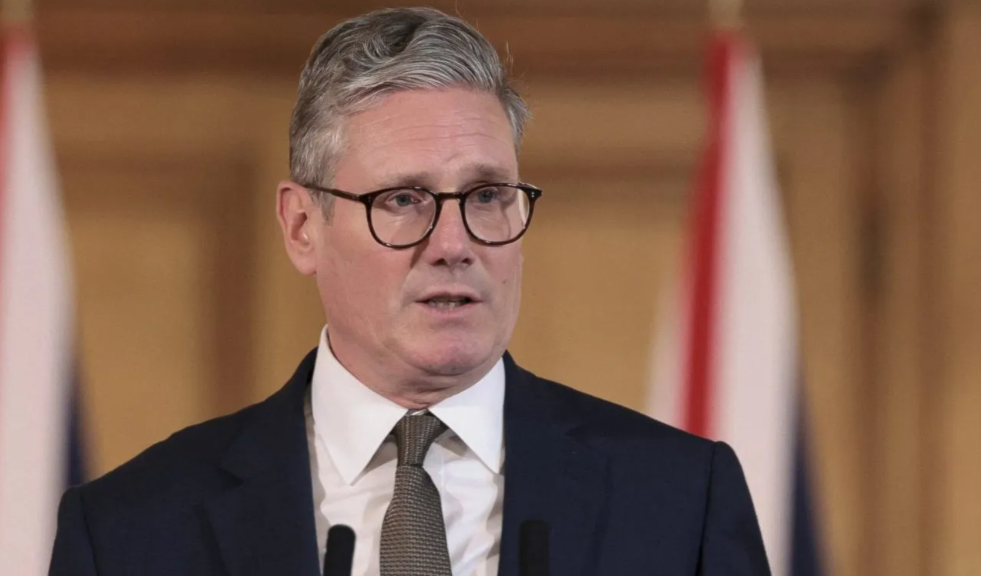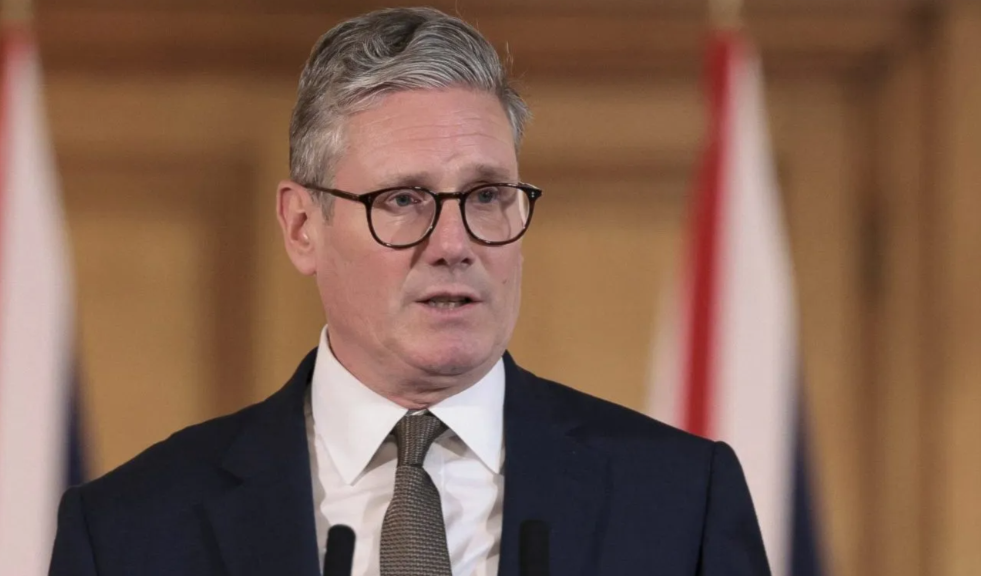Britain should protect Ukraine from lawsuits over private debts

Unless an agreement is reached by the end of the month or the two-year moratorium is extended, Ukraine will legally default on its payment obligations in September.

Activists are lobbying the incoming British Labour government to prevent Ukraine from being sued in British courts if it fails to meet its payment obligations to private creditors.
Debt Justice said a two-year moratorium on Ukraine’s debt repayments expires on August 1 and that measures must be taken to protect Kyiv from possible legal action by its creditors.
Ukraine is negotiating with bondholders for a 60 percent debt relief on the $24 billion (£18.7 billion) it owes to private creditors. The bondholders, which include major financial firms such as BlackRock, Pimco, Fidelity and AllianceBernstein, have agreed to accept a 20 percent loss.
Bilateral creditors, in particular the United Kingdom, have agreed to extend the suspension of debt payments until 2027, but no agreement has been reached with private creditors. The aid provided by private creditors amounts to around 12 percent of Ukraine’s annual gross domestic product (GDP).
Unless an agreement is reached by the end of the month or the two-year moratorium is extended, Ukraine will legally default on its payment obligations in September.
Kyiv fears that after the August 1 deadline, asset managers will sell their bonds to hedge funds, which will then sue. All Ukrainian bonds are governed by British law, so any legal proceedings would take place in the UK.
According to Heidi Chow, executive director of Debt Justice, Ukraine “should not have to fight shameless bondholders” while “resisting an invasion.”
“These loans were given at high interest rates because they represented a risk. And that risk became a reality the day Russia invaded.”
Ukrainian bonds “are governed by British law, so a new British government could pass a law to support Ukraine by making it clear that no lender can sue the country as long as the war continues,” the director said.
Last year, the House of Commons Select Committee on International Development proposed legislation that would require private creditors to participate in debt relief, while the opposition Labour party signalled support for the concept.
Debt Justice is urging the government to change legislation so that a debtor country negotiating in good faith with its creditors cannot be sued. Debt Justice claims this would give Ukraine the political and legal backing it needs to maintain the current debt suspension until bondholders agree to the required level of debt restructuring.
According to the International Monetary Fund (IMF), Ukraine could just about balance its finances with a debt cut of 60 percent.
The IMF believes that Kyiv and its private creditors are working hard to reach an agreement and that, despite the rapidly approaching deadline, a solution is conceivable by the end of the month.
WSJ: Creditors demand resumption of Kiev debt payments
Last month, The Wall Street Journal reported that foreign bondholders are seeking an agreement with Ukraine to resume debt repayments that were suspended two years ago because of the war with Russia.
However, the newspaper pointed out that there are concerns in the US and its allies that taxpayer money intended to support Kiev could ultimately flow to creditors.
The suspension of debt payments came two years ago when Ukraine’s creditors gave it a credit break in anticipation of a speedy resolution of the conflict. But now their patience is running out. The Wall Street Journal cited informed sources.
According to the report, the foreign creditors want to put pressure on Kyiv, which recently received around $60 billion in US aid, to start making interest payments starting next year. The timing of the demand comes as Ukraine tries to contain the advance of Russian troops and lose control of numerous territories.



